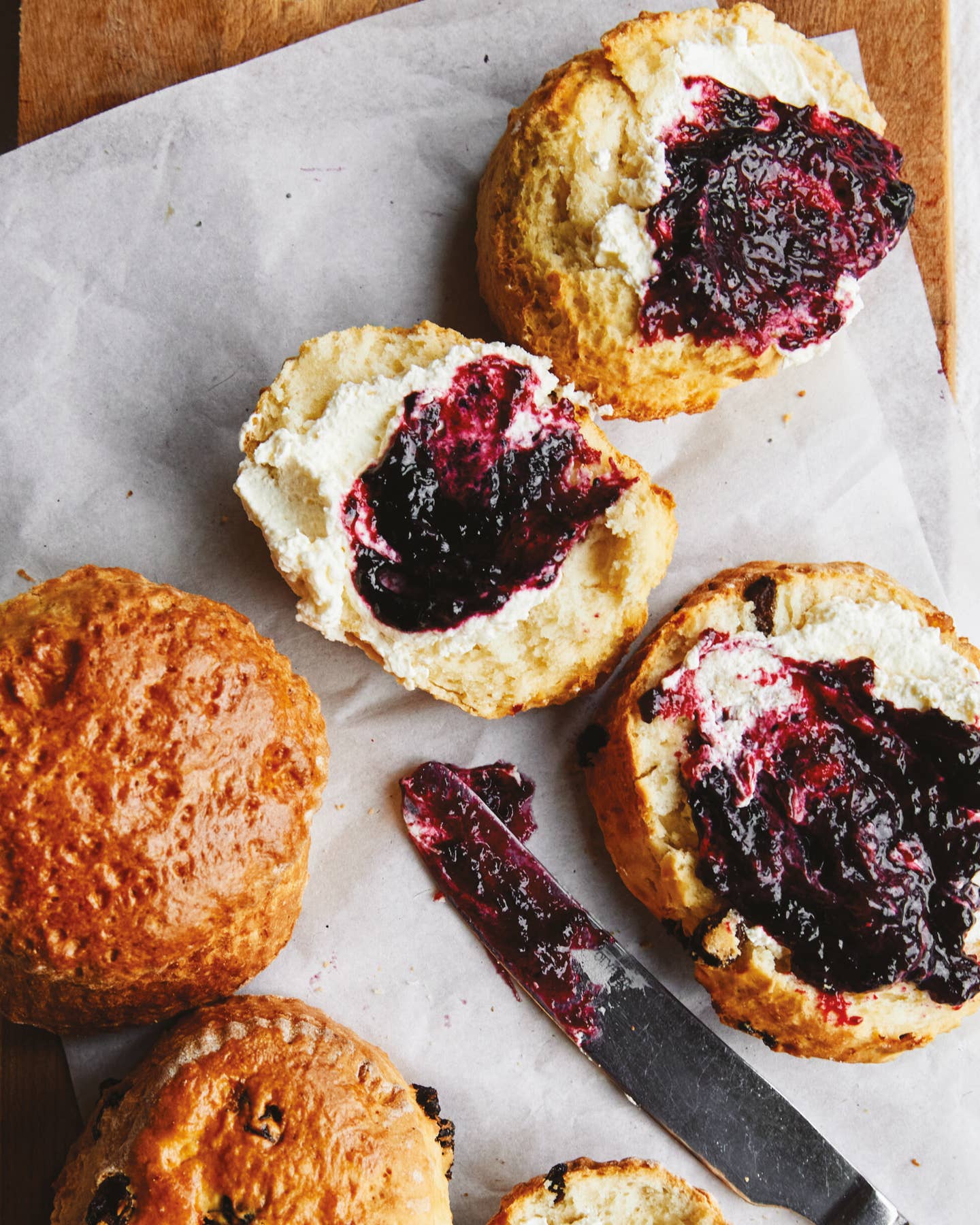
The Right Spot
During the testing of the recipes in the June/July 2010 issue, the SAVEUR kitchen was bursting with fresh market produce. There were greens, herbs, fruits, and vegetables everywhere—and not, it turned out, always in the right place. For example, we'd bought a few fistfuls of fragrant basil at the nearby Union Square Greenmarket and unthinkingly stuck them into our fridge's crisper drawer. Just a day later, when I went to pull the basil out, half the leaves had wilted and blackened. I'd assumed the fridge would be a perfectly good place to keep a fresh herb. It turns out that basil is easily injured by cold but does just fine at room temperature for up to a week if you stick the stems in a jar of water. "They'll eventually root and grow if the basil hasn't previously been chilled," said Michael Reid, a professor in the Department of Plant Sciences at the University of California at Davis, when I sought his advice on the matter. So, what kinds of seasonal produce should be stored in the refrigerator? Green beans and celery, to name two, Reid said. Store them in a tightly sealed plastic bag to retain their moisture, and they'll keep for several weeks. The same goes for artichokes and broccoli, with a couple of caveats: both keep well in the crisper, but because their flesh is more prone to moisture damage than that of green beans, those vegetables need to be kept in a perforated plastic bag or breathable container. What's more, artichokes and broccoli, like many vegetables, are also picky about their neighbors, Reid told me: store them away from apples, pears, peaches, and other fruits that emit ethylene, a naturally occurring gas that accelerates spoilage in some produce. The most surprising thing I learned from Reid? Avocados, which I'd always religiously kept out of the fridge, do just fine there for several days after they've ripened.
Keep Reading
Continue to Next Story










